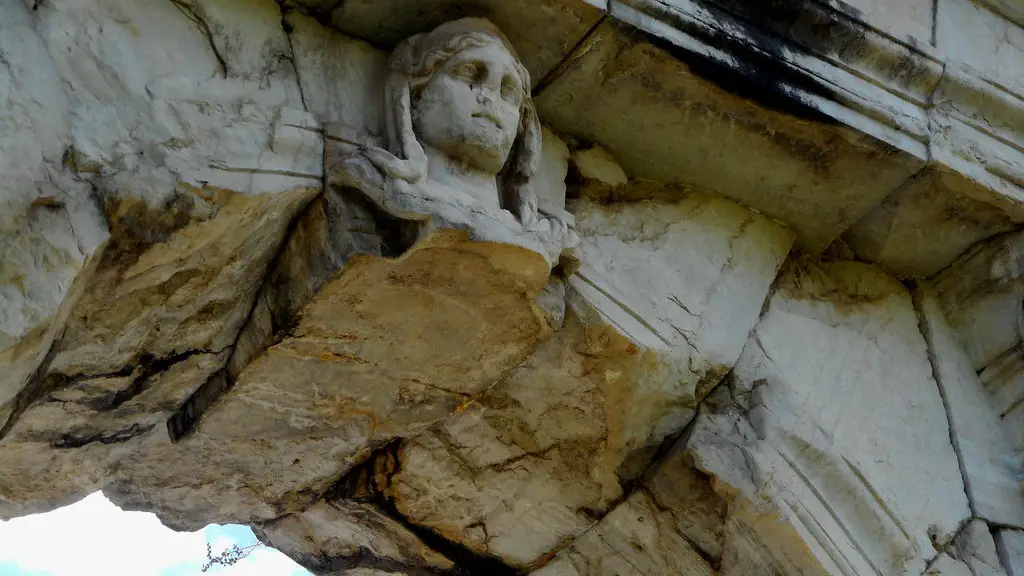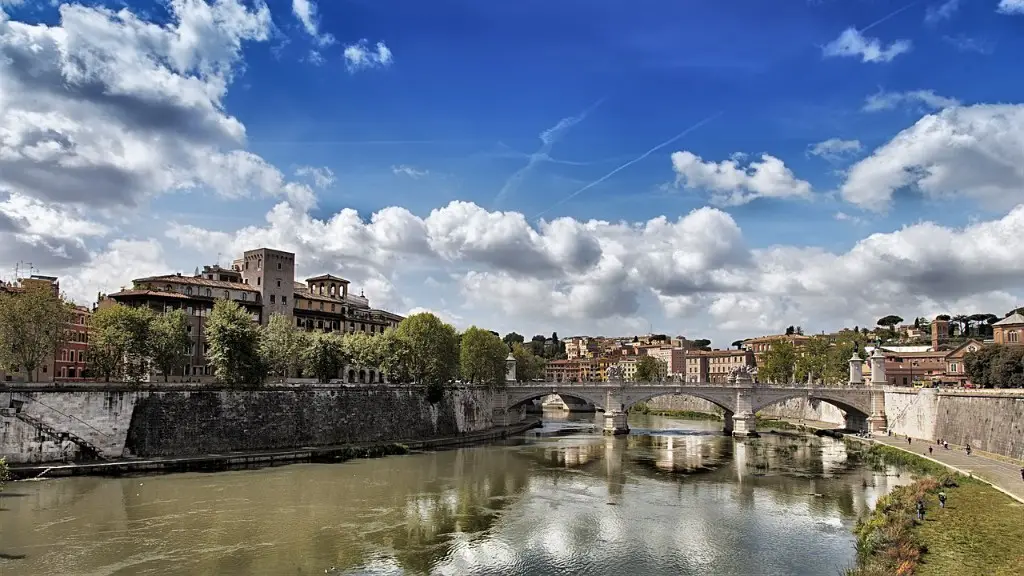The lower class in Ancient Rome was known as the Plebeian class. The Plebeians were a large section of the population and were mostly made up of farmers and labourers. They did not have much power in the political and social structure of the society, although they could hold some minor political offices. Plebeians often clashed with the ruling class, known as the Patricians, as they sought more rights.
The Roman Republic was founded in 509 BC and at that time the Plebeians were not considered citizens and were denied access to the government and higher offices in the government. They had very limited entitlements and were not allowed to testify in courts or join the army. The Patricians were able to manipulate the legal system at their will and could take advantage of their power to oppress them.
In 494 BC, The Plebeians, under the leadership of the Tribunes, staged a rebellion and were able to wrest from the ruling Patricians some rights. They were finally recognised as Roman citizens and were allowed to set up a separate assembly and courts to deal with the grievances of the lower classes. They were also able to elect Tribunes to represent their interests in the government and also to protect them from any oppression.
The Roman legal system also underwent reforms that allowed the Plebeians greater access to justice. The process of arbitration and mediation was introduced, which allowed the lower classes to present their cases before the officials in the government. They were given the right to appeal to the Senate and they were also allowed to be represented in order to present their case.
Social Mobility of the Plebeians
The Plebeians were largely excluded from the upper levels of Roman society. They were not allowed to own land, carry arms or become military officers, and most of the public offices were reserved for the Patrician class. This meant that there was little social mobility for the lower classes and they could not rise up the ranks in society.
The Patricians used the courts to keep a tight control on the Plebeians by using different restrictive laws to prevent them from participating in public life. They used their political power to deny the Plebeians the right to vote for important positions in the government. This resulted in a lack of little to no representation for the lower classes and their interests were not taken into account in decision-making.
The Plebeians also faced a lot of discrimination in terms of jobs and education. They were denied access to certain types of jobs such as priesthoods or government posts and they did not have access to the same level of education as the Patricians. This meant that they were excluded from certain types of social activities or gatherings and did not have the same level of freedom to express themselves.
Legacy of the Plebeians
Despite their lack of power, the Plebeians played an important role in the development of society in Ancient Rome. They were the ones who were responsible for the construction of many of the public buildings and monuments such as the Colosseum and the development of the aqueducts. They also provided the bulk of the manpower for the army and were essential to Roman success during times of war.
The Plebeians also provided a strong labour force for the running of the Roman Empire. They worked the land and the mines that were essential for the development of the economy. They were also crucial in the trade of goods and services and provided the necessary goods for the running of the government.
The legacy of the Plebeians has left an indelible mark on history. They fought for their rights and their struggle was a key factor in the development of democracy in Rome. They provided the backbone of the Roman Empire and were essential to its development and success.
Religious Duty
The Plebeians were also heavily involved in religious ceremonies and rituals, which were essential to society in Ancient Rome. They would participate in festivals and processions to honour their gods and they were responsible for providing offerings to the gods which were needed for the spiritual wellbeing of the population.
The Plebeians played an important role in the preservation of the traditions of Rome. They were responsible for the maintenance of temples and other sacred places and were essential to the passing down of cultural traditions. They also played a part in passing down the stories and myths of Rome, which were essential to preserving the history and culture of the Ancient Romans.
Political Oppression
Despite their essential contributions, the Plebeians were still oppressed and their rights were often denied. The Patricians used their political power to manipulate the legal system and to oppress the lower classes. They would use a variety of tactics to ensure their own power and would pass laws that served their own interests.
The Plebeians had to continually fight for their rights and often resorted to protest and demonstrations to draw attention to their plight. They would use their numbers to pressure the governing class into allowing them more rights and representation.
Socio-Economic Status
The Plebeians were mainly made up of farmers, labourers and artisans, which meant that their socio-economic status was very low. They were unable to own land and were denied access to the political and social structures of society. This meant that they were severely limited in their opportunities and could not improve their economic standing.
The Plebeians had to rely on subsistence farming and were often in debt due to the high cost of living. They did not have access to basic necessities such as healthcare and education, and their living conditions were often poor and overcrowded.
Conclusion
The Plebeians were an important part of Ancient Roman society and were essential to the running of the empire. Despite their lack of power, they were able to fight for their rights and to win some recognition as citizens. They provided a backbone of labour and were largely responsible for the success of the Roman Empire. They were also instrumental in the preservation of culture and traditions and played an important role in religious ceremonies. Yet, the Plebeians were still oppressed and denied access to basic rights and had little to no representation in government. They were severely limited in terms of socio-economic status and opportunities and were often in poverty and debt. These factors meant that the legacy of the Plebeians is still felt today, as many of the rights and privileges that we enjoy today were hard-won through the struggles of the lower classes of Ancient Rome.

